Publications
Articles, publications, books, tools and multimedia features from the U.S. Institute of Peace provide the latest news, analysis, research findings, practitioner guides and reports, all related to the conflict zones and issues that are at the center of the Institute’s work to prevent and reduce violent conflict.
Question And Answer
Amid a Changing Global Order, NATO Looks East
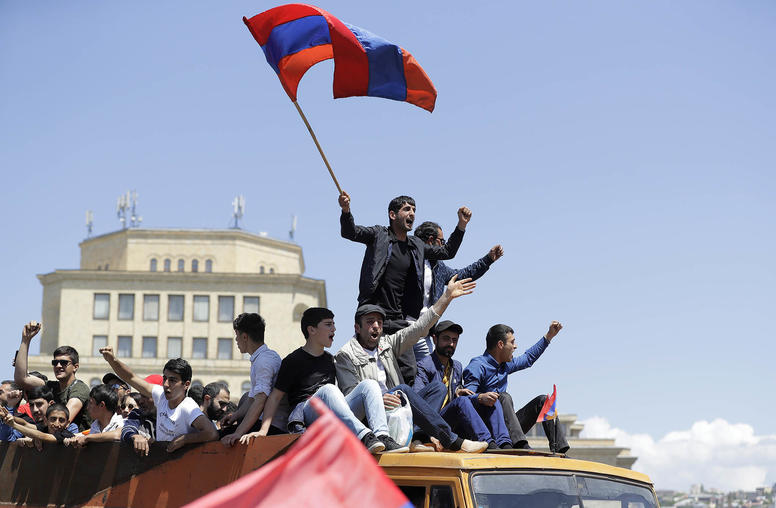
Overcoming the Challenges of Transitional Mobilization
Nonviolent action can be a powerful way to bring about peaceful transitions from autocratic rule to democracy. But even when initially successful, movement leaders often face significant challenges, from frustrations that grievances are not addressed quickly enough to counterrevolutions aimed at restoring the authoritarian status quo. This report examines two recent transitions—the 2011 Jasmine Revolution in Tunisia and Armenia’s 2018 Velvet Revolution—and presents recommendations for improving the likelihood that change initiated through nonviolent action leads to robust and lasting democracy.
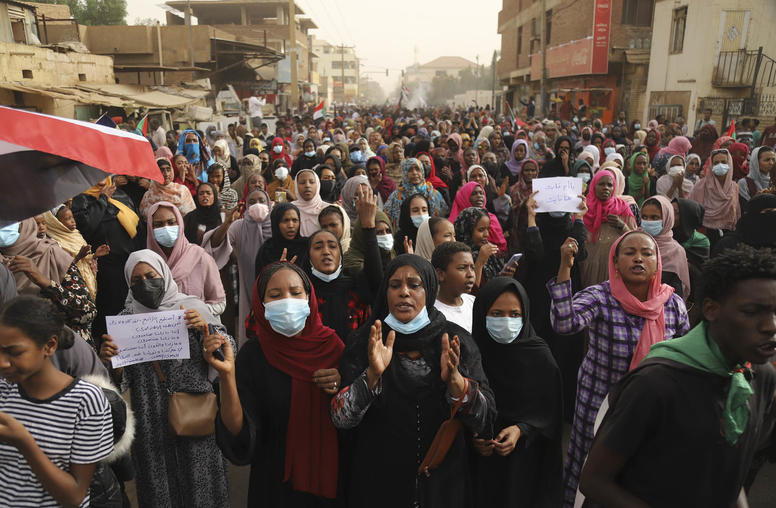
42 Months on, How Does Sudan’s Democracy Movement Endure?
Three and a half years after Sudan’s military deposed the authoritarian ruler, Omar Bashir, in response to massive protests, the current military leadership and divisions among political factions are stalling a return to elected civilian government. This year has brought a deepening economic crisis and violent communal clashes — but also a new wave of nonviolent, grassroots campaigns for a return to democracy. As Sudanese democracy advocates and their international allies seek ways to press the military for that transition, all sides should note, and work to sustain, Sudan’s nonviolent civic action.
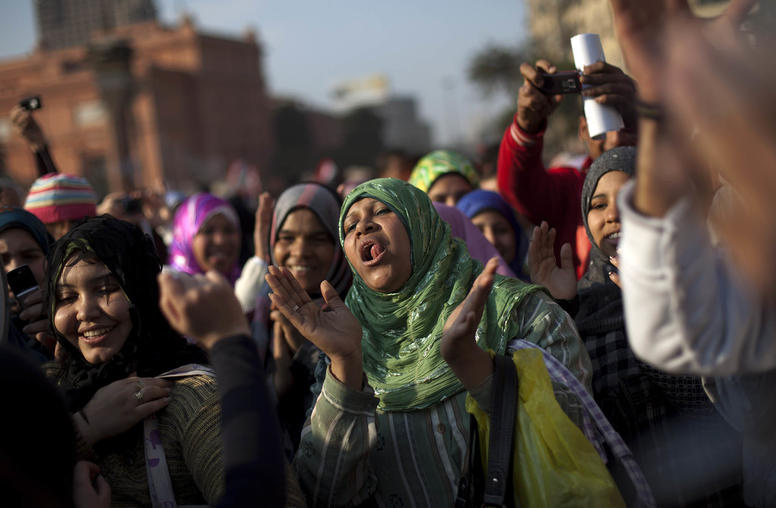
Promoting Peace and Democracy after Nonviolent Action Campaigns
The ouster of Egyptian president Hosni Mubarak in February 2011 was brought about using the tools of nonviolent action, including massive protests and nationwide strikes. Yet the transition that followed showed that initiating change through nonviolent action is no guarantee of a peaceful, smooth path to democracy. This report, based on data on 72 political transitions that occurred between 1945 and 2019, provides key insights into the kinds of mobilization, in terms of tactics and actors, that tend to be most effective in carrying transitions to a democratic outcome.
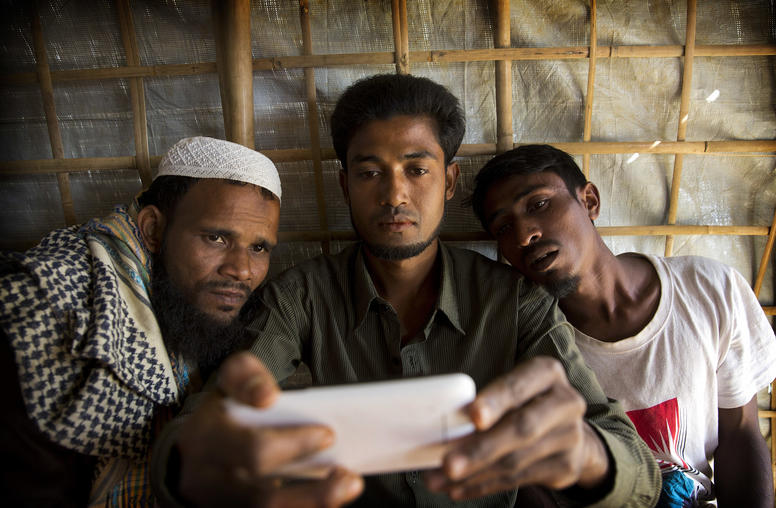
Nonviolent Action in the Era of Digital Authoritarianism: Hardships and Innovations
In the late 2000s and early 2010s, nonviolent action movements employed social media and other digital tools to orchestrate pro-democracy uprisings that took regimes by surprise. Those euphoric early days have since given way to digital repression, restricted online freedoms, and democratic backsliding as authoritarian regimes leverage new technologies to surveil the opposition and sow misinformation. This report documents how nonviolent activists are adapting to digital repression and suggests ways the United States and its allies can slow the pace of autocratic innovation in the use of these technologies.

La acción no violenta en la era del autoritarismo digital: Dificultades e innovaciones
A fines de la década de 2000 y principios de 2010, los movimientos de acción no violenta utilizaron las redes sociales y otras herramientas digitales para organizar levantamientos a favor de la democracia que tomaron por sorpresa a los regímenes. Esos eufóricos comienzos han dado paso a la represión digital, las restricciones de libertades en línea y el retroceso democrático a medida que los regímenes autoritarios aprovechan las nuevas tecnologías para vigilar a la oposición y sembrar desinformación. Este informe documenta cómo los activistas no violentos se están adaptando a la represión digital y sugiere formas en que los Estados Unidos y sus aliados pueden ralentizar el ritmo de la innovación autocrática en el uso de estas tecnologías.

Motives, Benefits, and Sacred Values: Examining the Psychology of Nonviolent Action and Violent Extremism
What motivates one person to engage in acts of violent extremism, while others choose to pursue change through nonviolent action? This report is based on pilot research into the psychological and social dynamics of a nonviolent resistance group—Algeria’s Hirak movement—that employs some of the same measures used to study participation in violent extremist organizations. A deeper understanding of these dynamics, it is hoped, will help practitioners, policymakers, and researchers to identify and support paths away from violent extremism and to strengthen and sustain engagement in nonviolent action.
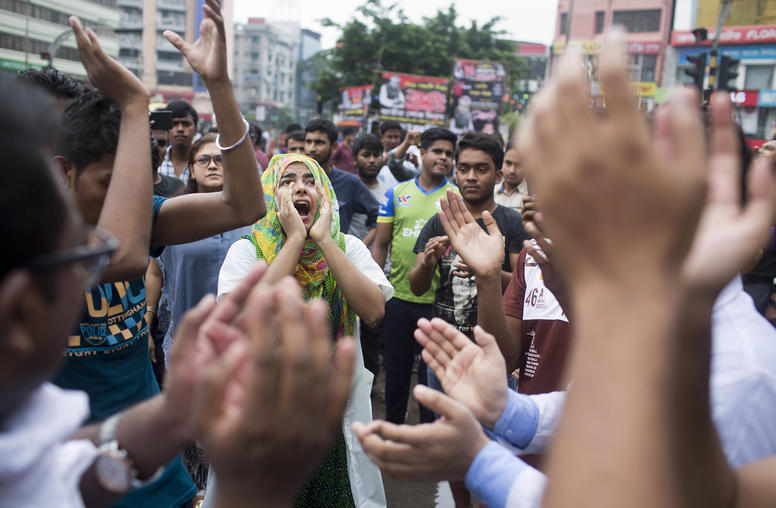
Precarity and Power: Reflections on Women and Youth in Nonviolent Action
Examples abound of women and youth on the front lines of recent nonviolent action campaigns—from Alaa Salah leading demonstrators in Sudan in 2019 to the thousands of young people marching against the coup in Myanmar in early 2021. Yet significant social, cultural, and economic barriers can prevent both women and youth from participating in nonviolent action. This report, based in part on firsthand reports from activists in seven diverse countries, sheds light on these barriers and makes concrete recommendations for maximizing the impact of women and youth in nonviolent action.
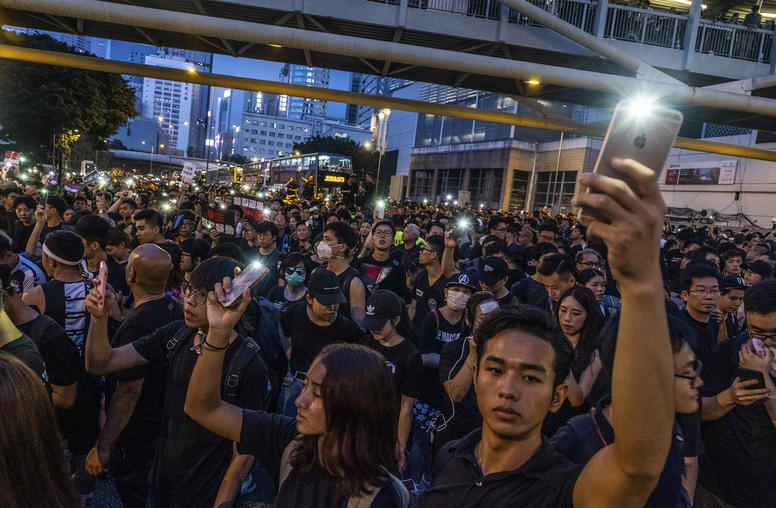
Autoritarismo digital y acción no violenta: Desafiando la contrarrevolución digital
Las campañas de acción no violenta son una de las maneras más comunes en la que los ciudadanos buscan cambiar de forma pacífica los sistemas políticos indiferentes. Sin embargo, las tecnologías recién desarrolladas y emergentes están transformando la naturaleza de las interacciones entre los activistas y los Gobiernos autoritarios. En este informe, se analiza el conjunto cada vez más sofisticado de herramientas, como el reconocimiento facial y la vigilancia de las plataformas de redes sociales, que los regímenes autoritarios utilizan para reprimir los movimientos no violentos, y se ofrecen recomendaciones sobre cómo los formuladores de políticas y activistas pueden desarrollar estrategias creativas para derrotar al autoritarismo digital.

Digital Authoritarianism and Nonviolent Action: Challenging the Digital Counterrevolution
Nonviolent action campaigns are one of the most common ways citizens seek to peacefully change nonresponsive political systems. Yet recently developed and emergent technologies are transforming the nature of interactions between activists and authoritarian governments. This report examines the increasingly sophisticated set of tools—such as facial recognition and surveillance of social media platforms—authoritarian regimes are using to stifle nonviolent movements, and provides recommendations for how policymakers and activists can develop creative strategies for overcoming digital authoritarianism.
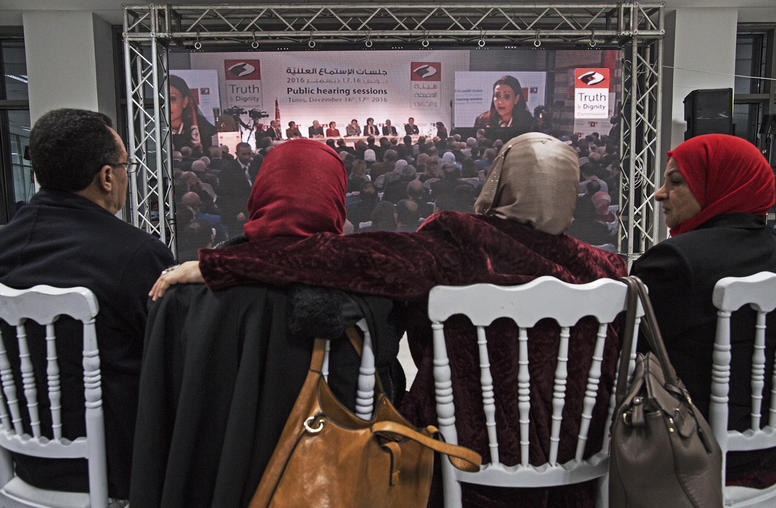
Nonviolent Action and Transitions to Democracy: The Impact of Inclusive Dialogue and Negotiation
Significant dialogue and negotiation processes have taken place in almost all democratic transitions, but these processes alone do not have a significant impact on future democracy. This report presents statistical analysis of all political transitions after nonviolent action campaigns and case studies of transitions in Egypt, Tunisia, and Ukraine to show the importance of inclusion—and in particular the participation of women—to ensure both successful dialogue and that the outcome of that dialogue is a stable democracy.